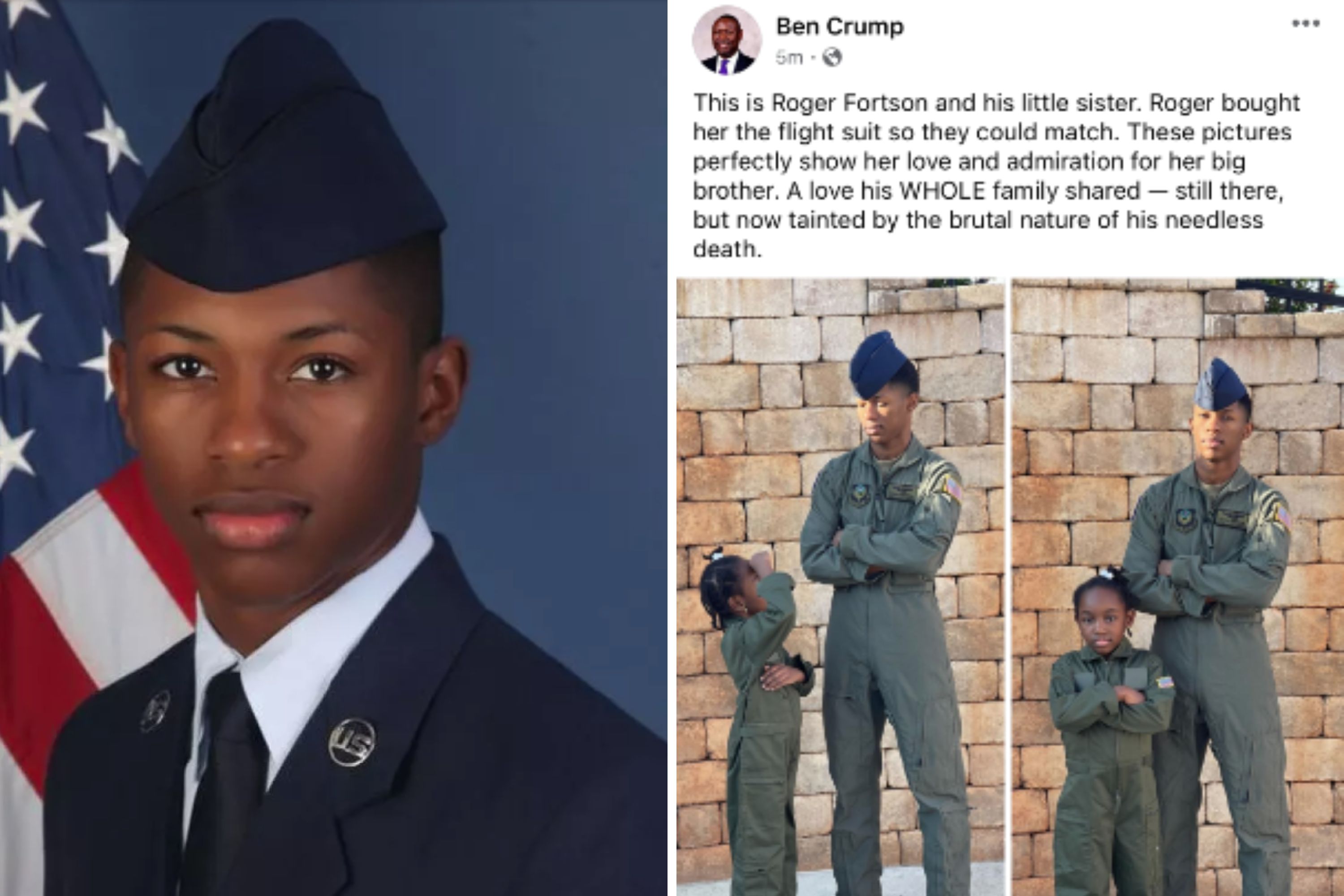For a journalist there's hardly anything more satisfying than seeing one of your stories have an impact. So imagine my delight when I received a joint letter from David Kennedy and Gary Slutkin, the two men whose work—and rivalry—I examined in "The Battle of the Antiviolence Gurus." It seems the two have put aside their differences in pursuit of a common cause: taking issue with the way I portrayed their work. I stand by my reporting on the story, but I welcome their comments. And, fortunately, another truism about this particular field is that if you piss off both sides equally, you're probably doing your job. After the jump, see their joint response to my piece:
Dear editors,
Jesse Ellison's Jan. 6 article ["The Battle of the Antiviolence Gurus"] underemphasizes the most important aspect of our work—that we have both found ways to reduce community violence. And it fails to recognize our joint commitment to solving the problem of urban violence, as well as our respect for one another's work.
We have different approaches to making communities safer, but we are each working—with others—to do so. We both seek to offer alternatives to those who might otherwise consider violence. We both recognize the importance of holding those who harm others accountable. We each see that much more serious attention must be paid to the crisis of violence that, especially, those living in the most affected communities face every day. We are each impatiently striving for more progress, especially now that proven responses to this problem exist.
The article has as its main thesis that we have between us an animosity driven by competition for money. We note that Ms. Ellison provides no evidence for this claim. She could not, as it is baseless. Kennedy's approach relies mainly on the reallocation of existing criminal justice, social service, and community resources; his drug market strategy, for example, was first implemented in High Point, North Carolina without any new money of any kind, and subsequently replicated under Department of Justice auspices. Slutkin's work has been supported primarily by new money raised from local and state government and the philanthropic world, and federal funds that do not compete.
The article maintains that this competitive animosity resulted in our refusing to be present together in Seattle in June, 2009. This is not true. Kennedy suggested to Seattle civic figures that dividing the visits would make for better data gathering and policy-making. His thinking was that one would not choose a child's cancer treatment by having two oncologists debate in a public forum, and that violence prevention is no different. Slutkin agreed.
The article maintains that Seattle then decided to implement Kennedy's approach. This is not true. The Seattle drug market operation Ellison references was part of the Department of Justice initiative mentioned above; work began in January 2009 under then-chief of police, and now director of the Office of National Drug Control Policy, Gil Kerlikowske; and its full implementation in August of last year had nothing to do with Kennedy's visit, Slutkin's visit, or any local decisions based on either. (We are happy to report, however, that initial reports from the field indicate success.)
Ellison fundamentally misrepresents Kennedy's gang violence prevention strategy, which does not involve developing prior cases against gang offenders and then "hauling them in" to an ultimatum to behave. How the operation actually works is beyond the scope of this letter, but is detailed in readily available sources (and was communicated to the reporter).
It is, especially, not true that neither of the strategies has been properly evaluated. The details of the existing evaluations are also beyond the scope of this letter, but the studies are available through our respective websites (www.nnscommunities.org and www.ceasefirechicago.org).
Finally, it is incorrect that both groups are claiming the name CeaseFire. It is more accurate to say that neither of us owns the name CeaseFire, and it is in fact used by other groups as well—many that have no affiliation with either approach. Replications and adaptations of the CeaseFire Chicago model in other cities go by other names, such as Baltimore's Safe Streets program. In Chicago neighborhoods, the name CeaseFire is established, and Slutkin's group has thus retained it despite confusion on the national stage. Kennedy no longer uses the label except for historical purposes, and interventions using the logic also go by a variety of different names.
We hope that taken together, our work is helping to refocus attention on a problem that was once thought of as hopeless. We are both working to further improve our models and advance national effort forward for safer cities and a more productive country. We need all the ways we can find for someone not to be shot.
David M. Kennedy Gary Slutkin
Uncommon Knowledge
Newsweek is committed to challenging conventional wisdom and finding connections in the search for common ground.
Newsweek is committed to challenging conventional wisdom and finding connections in the search for common ground.
About the writer
To read how Newsweek uses AI as a newsroom tool, Click here.





